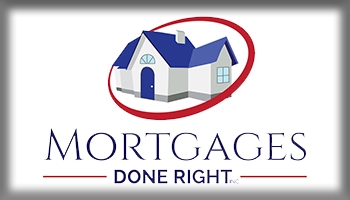

The type of property you want to purchase affects the mortgage interest rate you can receive. There are generally three types of property: a primary residence, a secondary residence, and an investment property.
Understanding each type can help you avoid high-interest rates and tax implications when purchasing additional properties.
Primary Residence
A primary residence is a residential property you will live in most of the time. From a lender’s point of view, a property qualifies as a primary residence if it meets these criteria:
- You move into the property within 60 days from closing.
- You will live in this place for most of the year.
- Your workplace is located within a reasonable distance from the property.
It’s usually easier to get a mortgage for a primary home compared to other types of property. You can also benefit by getting lower mortgage rates since lenders view mortgages for primary properties as a safer option due to the fact that homeowners are more inclined to keep up with their repayments.
Secondary Residence
From the name itself, the secondary residence is a second home where you plan to live occasionally. To qualify for a second home mortgage, you need a higher credit score, and you are likely to get a higher interest rate due to higher risk for the lender. The most common applicants for this are the older population, often because they have already paid off their primary residence mortgage. A lender would view a property as a secondary residence if:
- You have exclusive control over the home.
- You reside in it for some time during the year.
- The property is free from the timeshare, rental agreement, or property management.
- It is suitable for occupancy throughout the year.
- It is a single-unit dwelling.
For a property to be considered a secondary home, your lender might require that the property is within a certain distance from your primary home – a 50-mile distance is a fairly common requirement. If the distance is lesser, your lender might view your new purchase as an investment property, which may subject you to stricter eligibility criteria and higher interest rates. Work with a mortgage broker to help you find ways to a more affordable deal.
Investment Property
Simply put that Buying Investment Properties is something which you plan to help you generate income. A lender will likely view a property as an investment if:
The property is a condo, house, or multi- or single unit.
- You plan to rent or lease it out.
- You look into flipping the property and make a profit out of it.
Mortgage rates for investment property tend to be a lot higher than other properties due to the higher risk the lender must take on. It can be the most challenging property to finance, and the guidelines for approving an investment property loan can vary from lender to lender. It’s important to compare all your mortgage options and identify the best lender for your loan.
For expert mortgage advice, call Greg Hayden of Mortgages Done Right. Greg and his team can help you find the most suitable home loan options according to your financial health and the type of property you wish to loan. Call for an appointment today!
